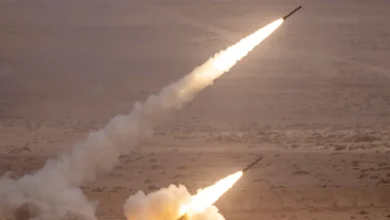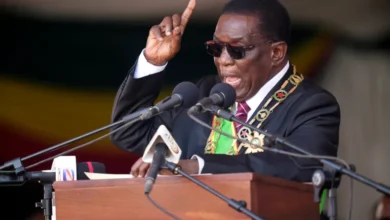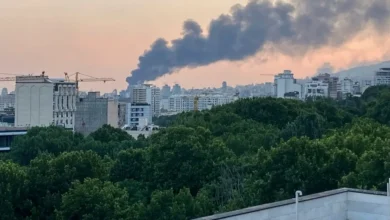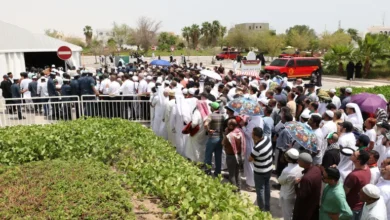Difficult to trust the resource nationalism of Niger’s military government
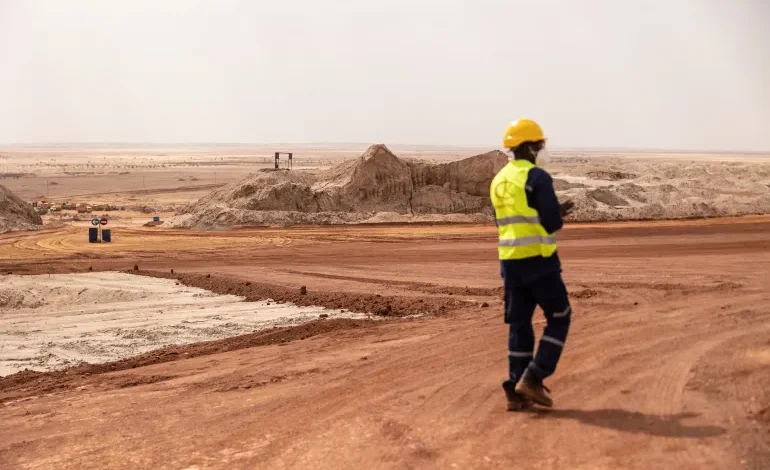
Last month, France’s majority state-owned nuclear conglomerate Orano revealed that the military government of Niger has assumed “operational control” of its Nigerien uranium mining subsidiary, Somair. In a statement dated December 4, it claimed decisions made in board meetings at Somair – in which the state of Niger has a 36.6 percent stake – were “no longer being applied”. Critically, it said the Nigerien authorities were refusing to suspend production at the mine, while also not allowing the export of the produce, allegedly “placing a heavy burden on the employees and local communities”.
Orano says it first began to encounter difficulties in running Somair in July 2023, soon after a group of high-ranking army officers, led by General Abdourahamane Tchiani, ousted Nigerien President Mohamed Bazoum.
As a response to the coup, regional bloc ECOWAS suspended Niger’s membership and imposed sanctions on the country. These included trade sanctions that brought all exports via Benin, including Somair’s uranium exports, to a halt.
ECOWAS lifted these trade restrictions in February 2024, but Nigerien authorities decided to keep its border with Benin closed. They have also refused to recommence Somair’s uranium exports through an alternative route, and effectively ended the Orano subsidiary’s chances of commercial survival.
The military government dealt a further blow to Orano’s interests in Niger in June by revoking the permit its other subsidiary, Imouraren SA, held for mining the Imouraren uranium deposit – which is believed to be one of the world’s largest – on the grounds that the French company’s plans for development did not meet expectations.
The Nigerien junta’s apparent hostility towards the French nuclear giant is not without reason.
Since first assuming power, Niger’s military rulers have been voicing their discontent with the process by which foreign companies are able to secure lucrative mining licences, saying the land-locked African nation’s 27 million citizens ought to derive greater profit from its rich uranium deposits.
Their argument has merit.
Despite all its natural resources, Niger stands as one of the world’s poorest countries, with almost half of its population living in extreme poverty and some 13.1 percent facing severe food insecurity. Despite helping keep the lights on in Europe with the uranium found on their land, only one in seven Nigeriens has access to modern electricity services. The West African country has ranked 189th out of 193 countries on the United Nations Development Programme’s (UNDP) Human Development Index for 2023-24.


